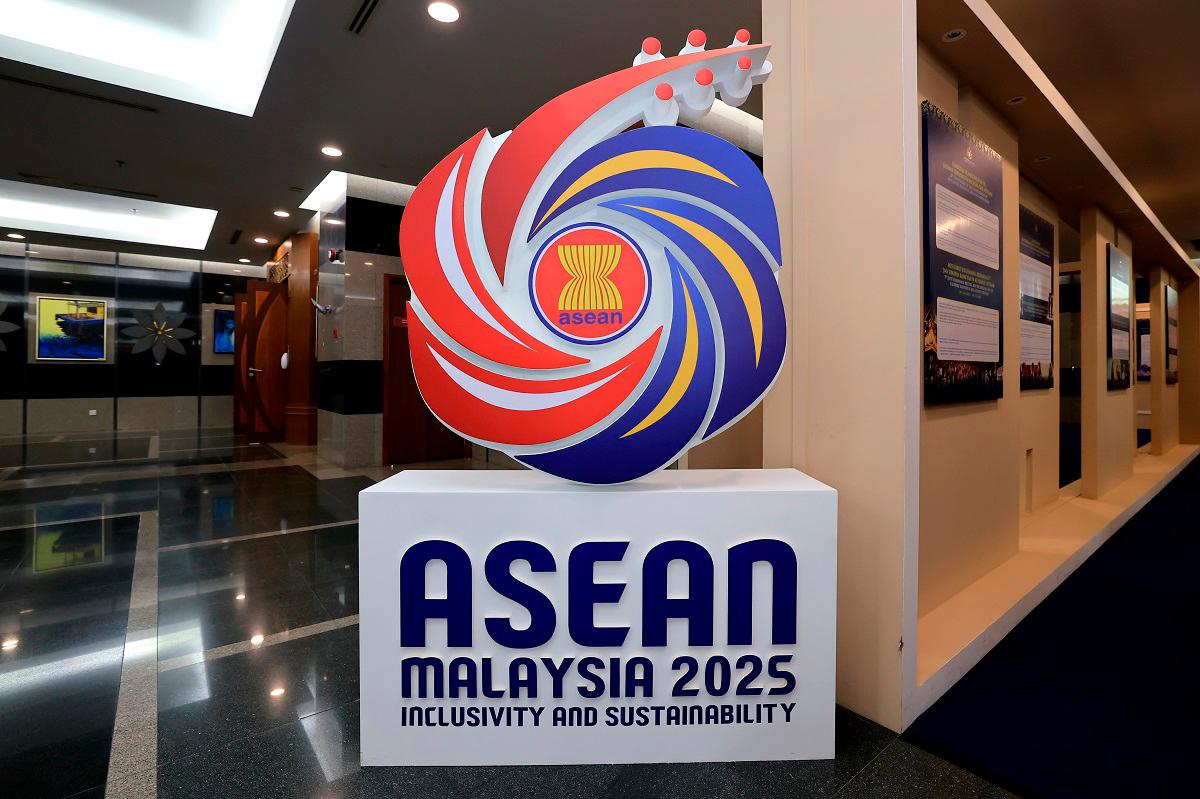KUALA LUMPUR: Malaysia, under the leadership of Prime Minister Datuk Seri Anwar Ibrahim and as ASEAN chair for 2025, is pushing for a neutral, trade-focused course, seeking economic cooperation with multiple nations while avoiding confrontation.
While there are exceptions, the overarching policy remains intact.
Malaysia’s chairmanship comes at a strategically opportune moment, as the country hosts the first-ever ASEAN–Gulf Cooperation Council (GCC)–China Economic Summit, signalling growing demand for multilateralism.
Taylor’s University School of Law and Governance senior lecturer Julia Roknifard said ASEAN and the GCC are not seeking to replace one dominant power with another; rather, they are focused on establishing a new balance in which cooperation among regional powers reduces dependence on any single nation.
“China, aware of the risks of foreign entanglements, has intentionally avoided the aggressive tactics seen in other parts of the world, including economic coercion or military interventions,” she said in a statement.
Rocknifard elaborated that aggressive tactics seen in other parts of the world, such as economic coercion and military interventions, have often proven ineffective, as demonstrated by situations like nuclear proliferation and ongoing control conflicts.
An expert in Middle Eastern studies and international security, Roknifard has extensive academic and consultancy experience with international organisations.
She noted that geopolitical tensions and destabilising actions by certain global powers have further fragmented the international order and disrupted global trade systems.
“In response to these shifts, regional blocs like ASEAN, the GCC, and China have distanced themselves from what is increasingly perceived as self-destructive behaviour by the United States.
“These organisations are not formal alliances, but pragmatic collaborations designed to enhance their collective leverage against larger powers,” she said.
The combined population of ASEAN, GCC, and China exceeds two billion, forming a vast consumer market.
Together, these regions also possess significant energy and commodity reserves, while China contributes global manufacturing strength and technological advances, particularly in renewable energy and electric vehicles.
Roknifard opined that while the future of a multipolar world remains uncertain, the trend is clear: regional and intergovernmental organisations are rising as new power centres, focused on safeguarding their interests and resisting external pressure.
“In the short term, such cooperation is expected to help mitigate trade and supply chain disruptions, offering hope for greater stability and economic cooperation,” she added.









